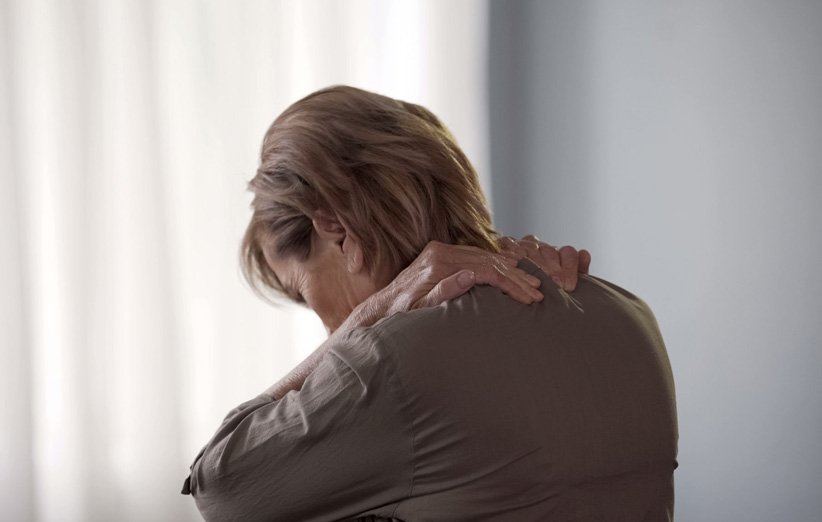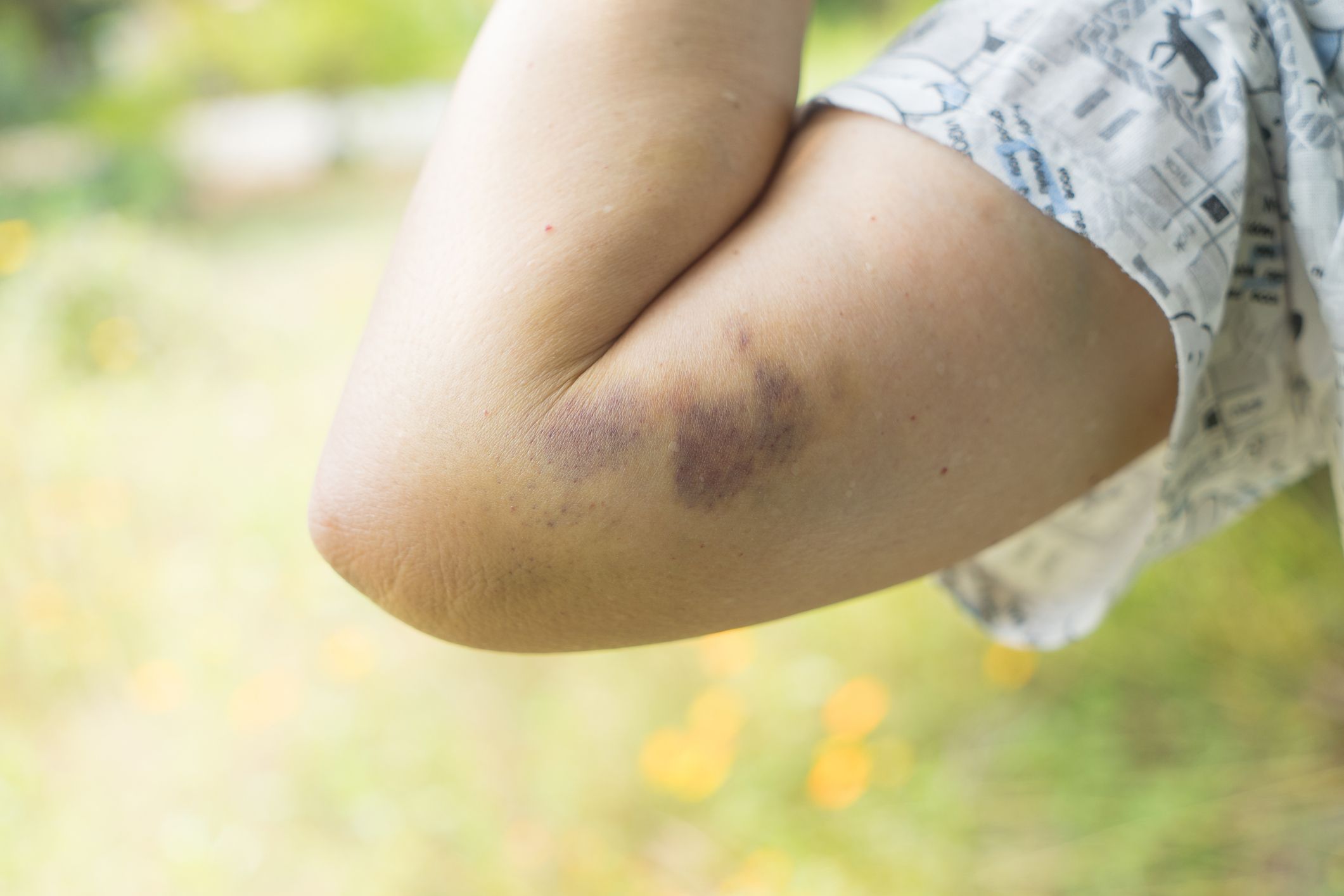Do you know what prostate cancer is and how it is treated?
Today, the rate of prostate cancer in men over 40 to 50 years is very high. Like other diseases, this disease causes signs and symptoms in the body, and by recognizing these signs and symptoms, we can prevent its occurrence and progression.
What is the prostate?
The prostate is a small gland in the male reproductive system. This gland helps produce sperm in men. The prostate also covers part of the urethra (the tube that carries urine out of the bladder).
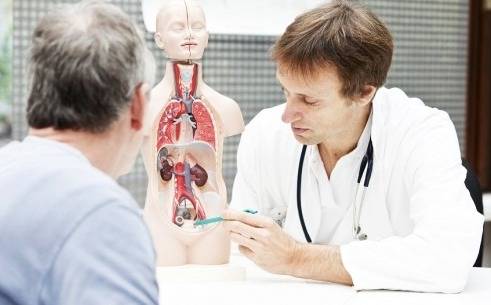
Prostate cancer and its types
Prostate cancer is one of the most common diseases among men; this disease is rare in people under 50 years and is more common in middle-aged men. There are several types of prostate cancer. Cancer often develops gradually over time and is not at high risk. On the other hand, some types of prostate cancer can spread very quickly and destructively.
Primary prostate cancer
Early detection of prostate cancer has a better chance of successful treatment at the prostate gland level and has not spread.
Advanced prostate cancer
This means that cancer has spread beyond the prostate capsule. This cancer is usually found in the bones and lymph nodes. Advanced prostate cancer is also known as metastatic cancer.
Metastatic cancer is cancer that has spread throughout the body and often spreads to the bones. This condition can cause pain in the following areas:
- Pelvic area
- Waist
- Breast
If cancer has spread to the spinal cord, the legs and bladder sensation may go away.
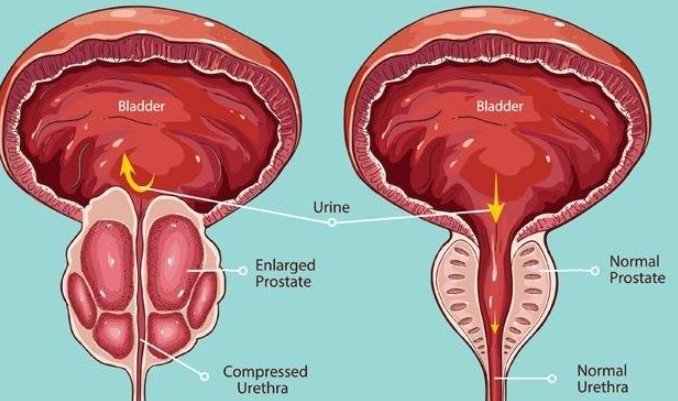
Signs and symptoms of prostate cancer
Due to the prostate’s location in the body, prostate cancer is usually associated with specific symptoms. When the prostate enlarges due to cancer or other problem, the prostate duct narrows. As the tube narrows, urination becomes difficult.
Four urinary symptoms of prostate cancer:
- You wake up regularly at night to urinate.
- Feeling you have to urinate immediately.
- Urinary excretion is much higher than normal.
Pain and discomfort from prostate cancer
One of the most common symptoms is a pain in the lower half of the body among men with prostate cancer. This pain usually occurs in the lower back, legs, and buttocks. You may also feel discomfort when sitting in the pelvic area or have pain in all the bones of your body in general.
Symptoms of prostate cancer in male sperm
The shape and form of sperm often change due to the presence of blood. The sufferer may lose the ability to maintain an adequate erection for sexual intercourse.
Causes of prostate cancer
The underlying cause of prostate cancer is somewhat unclear. Medical research has only been able to point to cellular problems in this area. Just like other cancers, prostate cancer develops when abnormal cells are produced in the gland. These mutant cells spread much faster than healthy cells and take up more space in the prostate. The growth of these cells can lead to the formation of tumors in the prostate tissue. The cells then separate from the tumor and grow in other parts of the body.
In general, the causes of prostate cancer are divided into several sections:
Age: The risk of developing this disease increases with age.
Sexually Transmitted Diseases: Men with gonorrhea are at higher risk for developing this type of cancer.
Obesity and overweight: Obesity and overweight in men increase the chances of developing prostate cancer.
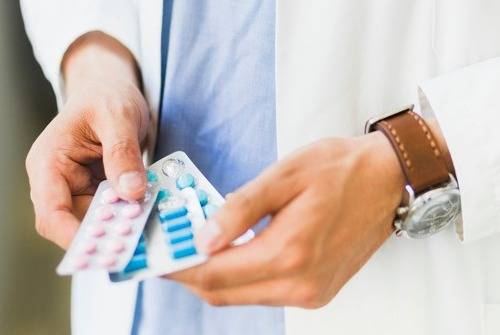
Some medications: Research shows that taking anti-inflammatory drugs increases the risk of developing the disease.
Genetics: Men with a family history of prostate cancer are at higher risk, and men whose families have more women with breast cancer.
Excessive consumption of some foods:
- Milk and dairy products
- Saturated fats in animal products
- Red Meat
- kebab meat
- Prostate Cancer
Surgery is often the right treatment for men with early-stage prostate cancer who are in good health. The surgery in which the prostate is removed is called a prostatectomy.
Hormone Therapy
This method is used to prevent the production of the male hormone testosterone in the body. Prostate cancer cells depend on testosterone for growth. Stopping testosterone production can kill or slow down cancer cells.
Hormone therapy includes the following:
Drugs known as agonists block the production of testosterone in the testicles.
Drugs that prevent testosterone from reaching cancer cells
Anti-androgen drugs prevent testosterone from reaching cancer cells.
Radiation therapy is a new method for treating prostate cancer.
This type of treatment uses a lot of radiant energy to treat cancer. Radiation therapy is given when prostate cancer is present but has not spread to other organs.
This method is also used when surgery is not possible due to age, health, or personal choice.
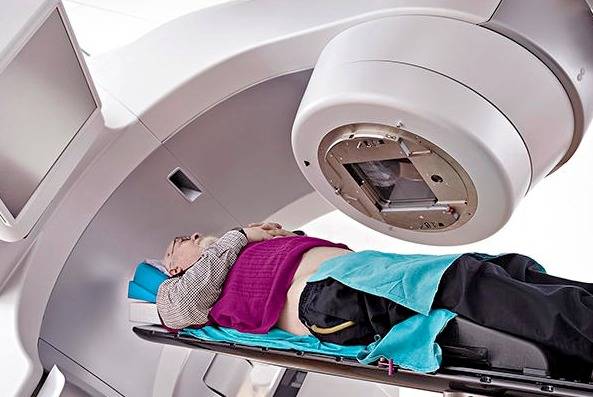
There are two types of radiation therapy:
External radiation therapy: A device that sends radiation waves to cancer cells. This device rotates around the body in many ways and radiates to the body.
Once a doctor has accurately identified the part of the body that needs radiation therapy, treatment is usually done once a day or five days a week.
Brachytherapy: This method is a type of internal radiation therapy. Radiation is confirmed by implanting small seeds in the prostate. Depending on the prostate’s size, there are usually 40 to 130 lumps in the prostate. Each grain contains a small amount of radioactive material that emits a radius of one inch around it.
Testicular resection surgery:
Removal of the testicles lowers testosterone levels in the body.
Chemotherapy
Chemotherapy is used to kill fast-growing cancer cells.
Treatment of prostate cancer with laparoscopic surgery
The last type of surgery is a prostatectomy. First, a small incision is made in the skin, and a thin tube is inserted into the body, at the end of which the camera is installed.
Complications of prostate cancer treatment with surgical methods
Today, surgical procedures with the help of advanced tools have minimized postoperative complications. But sometimes there may be problems like the following:
Leakage of urine through the anus
Impotence
Shortening the length of the penis (1 to 2 cm)
Ways to prevent prostate cancer
Prevention is always better than cure; prostate cancer, like any other disease, has ways to prevent it:
Choose a healthy diet rich in fruits and vegetables, whole grains, and low in fat.
Consumption of fish meat due to the presence of omega-three fatty acids
Consume vegetables such as cabbage (cauliflower, kale, kale, etc.)
Consumption of selenium, vitamins D and E, and zinc
Reduce the growth of prostate cancer by drinking a glass of pomegranate juice daily
Exercise and physical activity: By exercising at least 30 minutes a day and increasing physical activity, you increase your health and reduce your prostate cancer risk.
Maintain your proper weight, maintain it if your current weight is appropriate, and start losing weight if it is high.
Treatment and prevention of prostate cancer with herbal medicines:
In addition to eating the right foods to prevent infection, herbs can treat prostate disorders (especially bloating) if the disease becomes acute. These plants include nettle, squash, flaxseed oil, licorice, Ganoderma, Asian ginseng, soybean, soybean, corn, green tea, barberry.
Also Read:
A simple home remedy for dryness around the eyes

